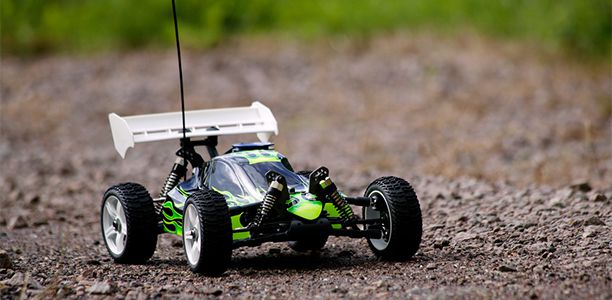ECU researchers are warning children could be at risk of corporate surveillance and breaches of their data privacy from Internet-enabled toys.
Children could be at risk of corporate surveillance and breaches of their data privacy from an unlikely new source: their toys.
ECU researchers Dr Donell Holloway and Professor Lelia Green recently presented their research paper The Internet of Toys at the Australian & New Zealand Communication Association (ANZCA) conference in Newcastle, Australia. They are calling for further research and policy initiatives to protect children.
“The Internet of Things is already operational and toy manufacturers hope to build on this success” Dr Holloway said.
“Toy industry leaders such as Lego, Mattel and Disney are investing heavily in research and development and sales are expected to grow rapidly.”
Examples of Internet connected toys already on the market include:
- Hello Barbie and Smart Toy Bear, which use voice and/or image recognition, connecting to the cloud to analyse, process and respond to children’s conversations and images.
- App-enabled toys such as drones, toy cars and robots (Star Wars’ BB-8 Droid).
- Toys-to-life, which connect action figures to video games (Skylanders, Disney Infinity).
- Puzzle and building games (Osmo, Lego Fusion)
- Children’s tech wearables such as smart watches and fitness trackers.
Dr Holloway said Internet connected toys are a fast growing sector of the toy market and even in this early stage there have been security failures including the hacking of Mattel’s Wi-Fi Hello Barbie and VTech’s Learning Lodge in late 2015.
“The application of IT technologies to monitor individual children’s online activities is already occurring and is expected to continue,” Dr Holloway said.
“Other risks include hacker surveillance, geo-locational tracking of children and remote control by others.”
Dr Holloway said the current approach to data privacy and security, where complicated terms and conditions try to shift responsibility to consumers – and in the case of children to their parents – appears to be an easy legal solution for companies who have not thoroughly audited the privacy and security of their products.
“This year we have seen hoverboards, archery sets, floaties, drum sets, toy garages and nightlights recalled in Australia due to a variety of physical safety problems.
“However, at the same time it seems that no attention has been given by toy safety bodies to the issue of internet security for children’s toys,” Dr Holloway said.
(Source: Edith Cowan University)










